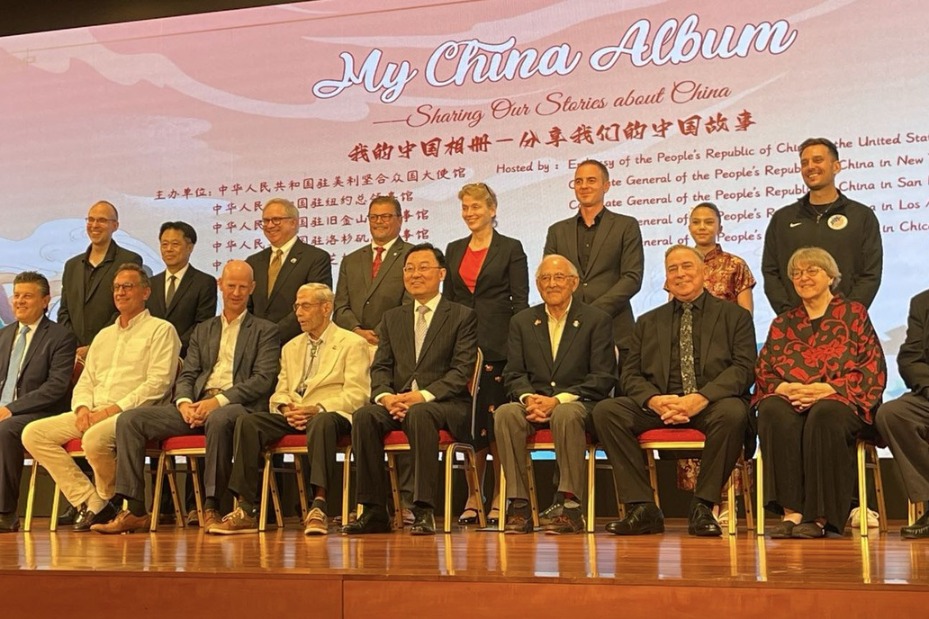CE Lam: HK has no 'separation of powers'
By Eleanor Huang | chinadaily.com.cn | Updated: 2020-09-02 16:22
There is no "separation of powers" in Hong Kong's executive-led governing system under the Basic Law, Hong Kong Chief Executive Carrie Lam Cheng Yuet-ngor said on Tuesday.
She said that the government will adhere to the correct definition of the relationship among the city's executive, legislative and judiciary branches going forward, and this will offer a clear framework for the learning of Hong Kong's constitutional order and political framework.
Lam's remarks came after Education Secretary Kevin Yeung Yun-hung expressed support on Monday for the removal of the phrase "separation of powers" from Liberal Studies teaching materials that have been reviewed by the Education Bureau.
Before Lam's weekly meeting of the Executive Council on Tuesday, she told reporters that she fully backed Yeung's statements. "Every so often, some people will make this a topic — whether there is separation of powers in Hong Kong. Usually they will cite some prominent people or judges, but there is nothing clearer than the Basic Law," Lam said.
According to the Basic Law, the central government grants administrative, legislative and judicial power to the Hong Kong Special Administrative Region, and ultimately, the three branches are accountable to the central government through an executive-led system of governance with the chief executive at the core, Lam said.
Accountable to both the central government and the HKSAR, the chief executive has the power under the Basic Law to appoint court judges and approve some work of the Legislative Council, Lam said. This arrangement highlights the unique political role of the chief executive, she added.
A more accurate way to view the relationship among the three branches of the government is that they perform their respective duties, exercise checks and balances, and cooperate with each other, Lam said.
Lam said the root cause of this misunderstanding can be ascribed to different factors, including a lack of education, and that some people deliberately mislead others in order to create disputes. But from now on, the SAR government promises to set things right, bravely tell the truth to the public, and continue to uphold the "one country, two systems" principle, Lam said.
Priscilla Leung Mei-fun, a member of the Basic Law Committee, welcomed Lam's decision to clear up the ambiguity and emphasized that the three branches of government must operate on the basis of the "one country, two systems" principle.
Leung said many Hong Kong people have had misunderstandings about the separation of powers over the years. "However, after the violent social movements and riots last year, and the emergence of ideas such as Hong Kong independence and self-determination, it is important that we reinforce the principle of 'one country'," Leung said.
Lawmaker Junius Ho Kwan-yiu said the Basic Law has clear provisions spelling out that Hong Kong has an executive-led political system.
"Under the Basic Law, the chief executive is the top leader in Hong Kong; judges are appointed by the chief executive; and the bills passed by the Legislative Council also have to be signed by the chief executive," Ho said. The separation of powers is merely a way to establish a "division of labor", he added.
























